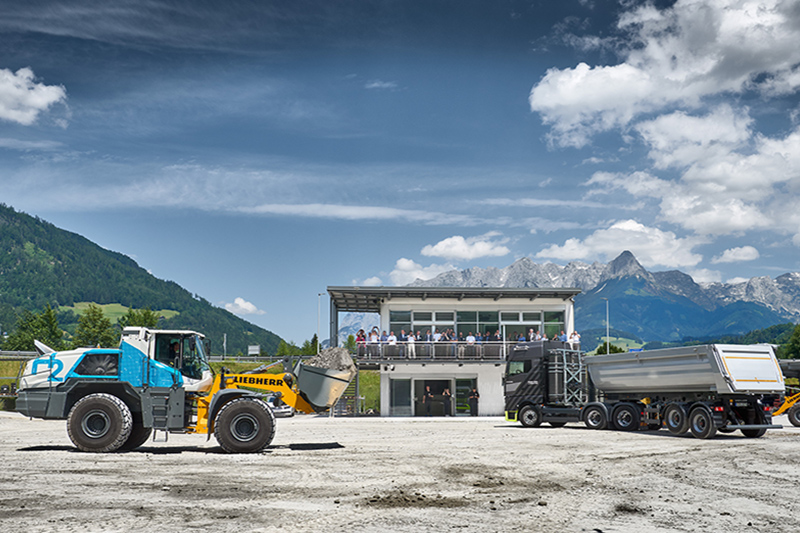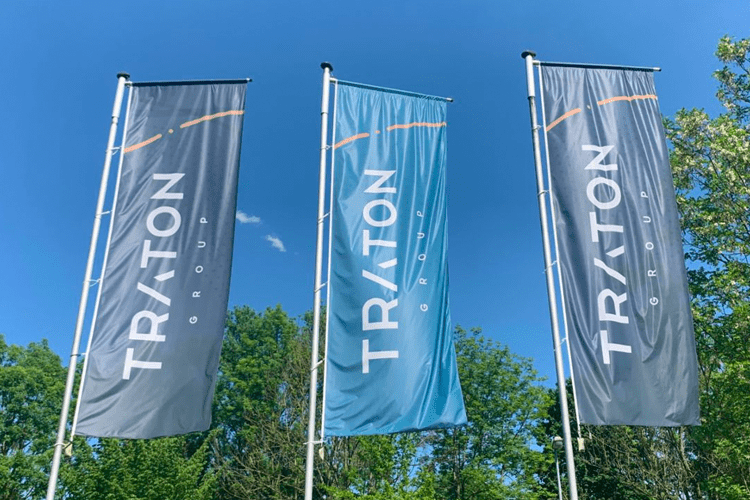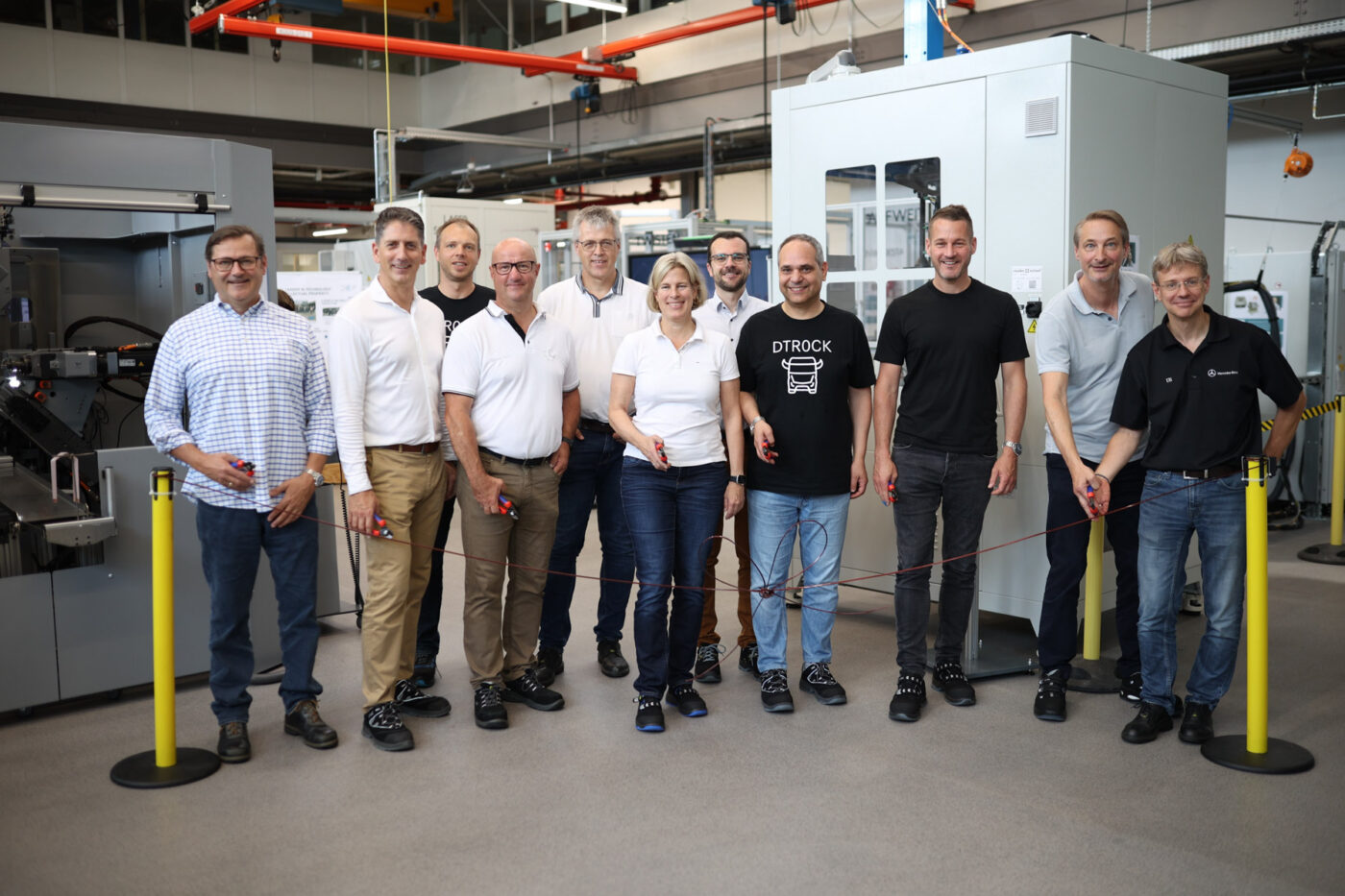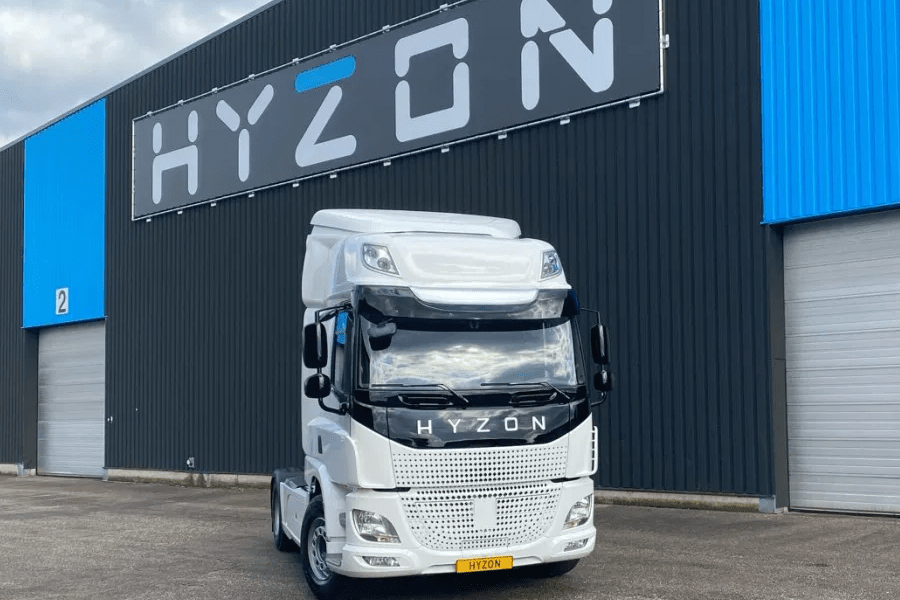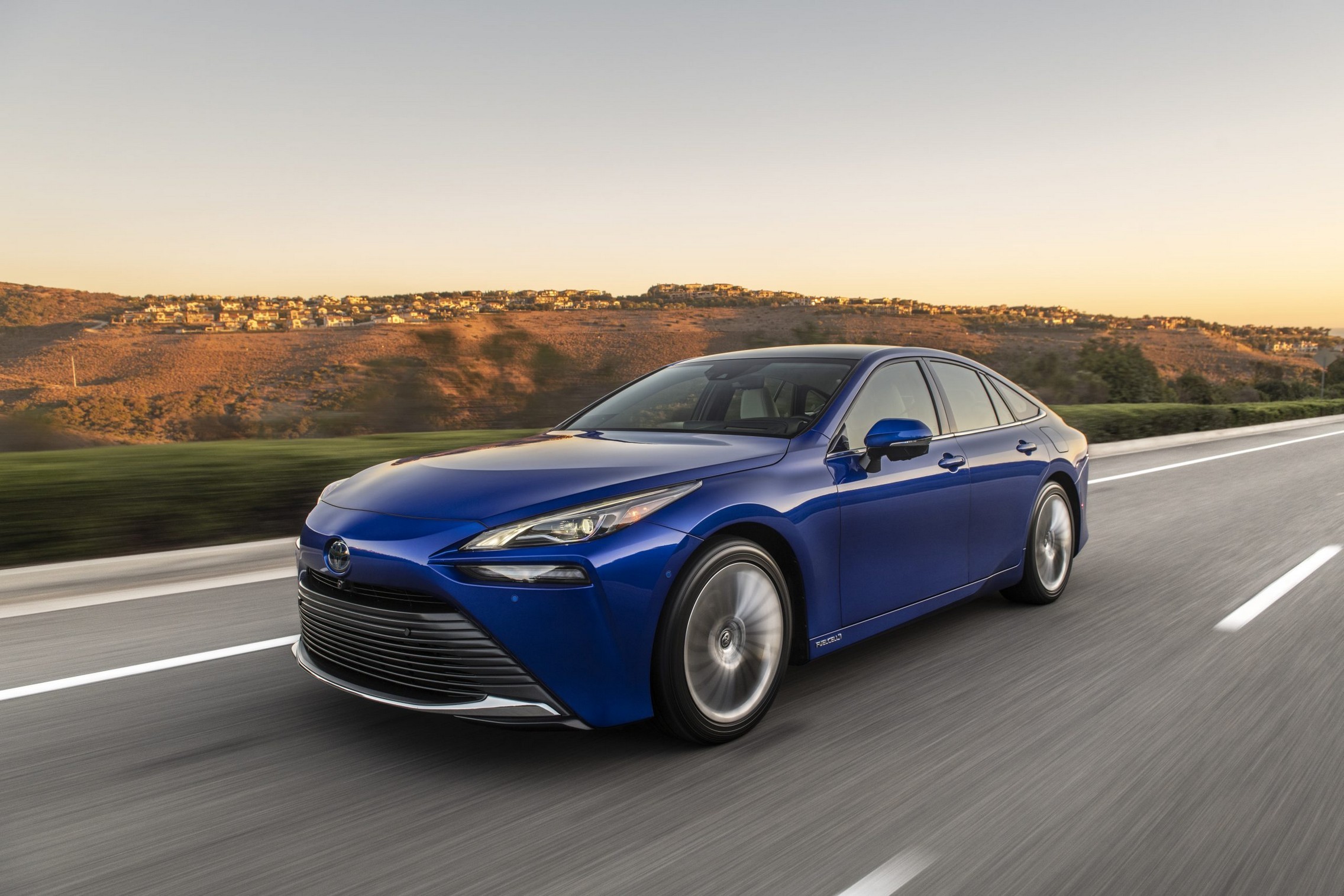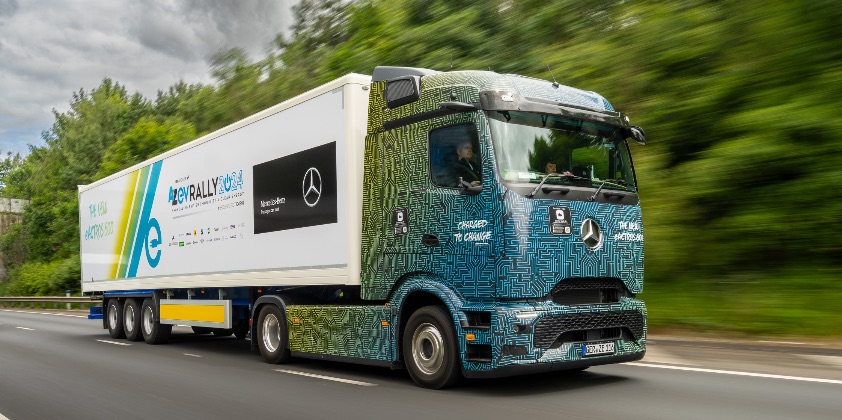Liebherr is forging ahead with its initiative to phase out fossil fuels from its job sites, focusing particularly on hydrogen power as an alternative to battery-electric solutions for its heaviest heavy equipment.
The company recently unveiled its latest hydrogen-powered wheel loader, signaling a strategic shift away from battery-electric options which it finds impractical for larger machinery weighing over 40 tons. Liebherr acknowledges challenges in making a commercial case for electric wheel loaders of this scale, citing concerns over reliable access to electricity in remote job site environments.
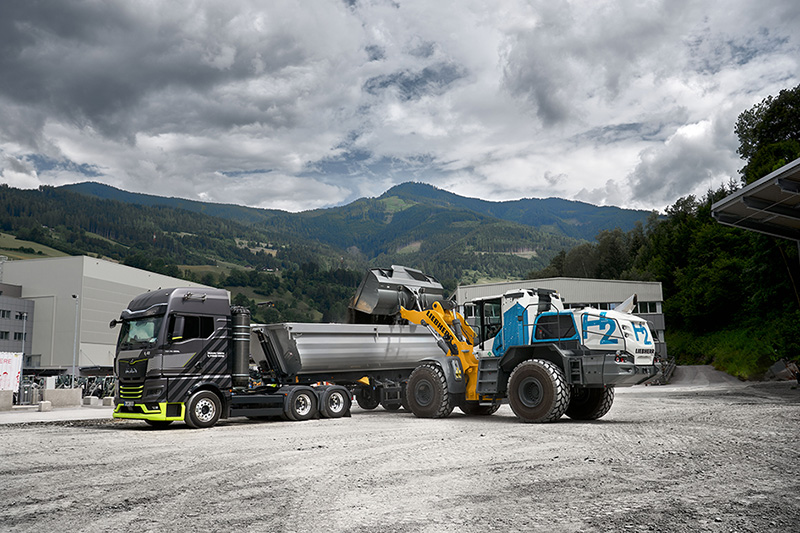
While Liebherr has successfully electrified smaller equipment such as the 300-ton mobile container crane, it contends that larger mining and construction machinery, like massive excavators and haul trucks exceeding 100 tons, are better suited for hydrogen power. This approach aligns with Liebherr’s strategy to address operational demands that necessitate hundreds of kilowatts of power during single shifts.
Liebherr’s stance contrasts with efforts by Volvo and Moog, who are exploring methods to deliver power directly to job sites through innovative infrastructure and modular battery solutions.
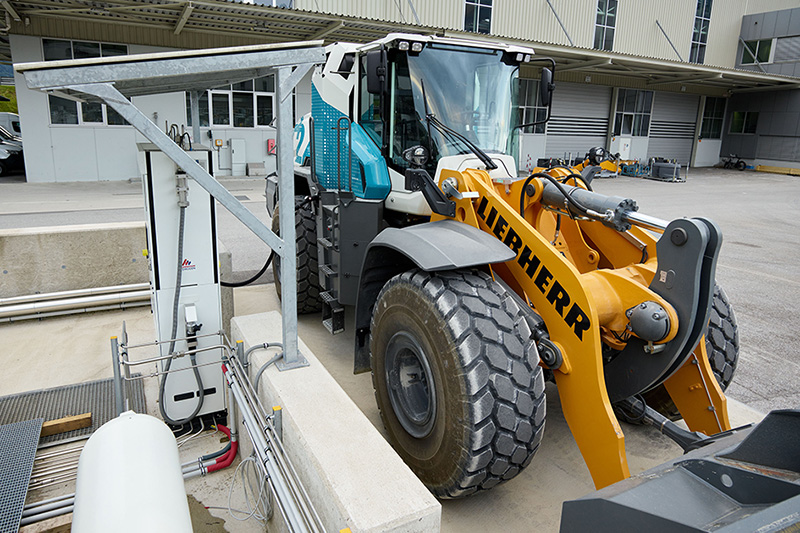
Liebherr emphasizes hydrogen combustion as a viable alternative, underscoring its utility in off-road applications where massive-scale batteries could pose logistical challenges due to their weight.
Dr. Ing. Herbert Pfab, Chief Technical Officer of Liebherr Bischofshofen, highlighted the importance of hydrogen infrastructure development, stating, “To make progress in hydrogen research, we need to have access to hydrogen.” He pointed to the establishment of a hydrogen filling station at Liebherr’s Bischofshofen plant as a crucial step towards achieving decarbonization goals in construction machinery.

